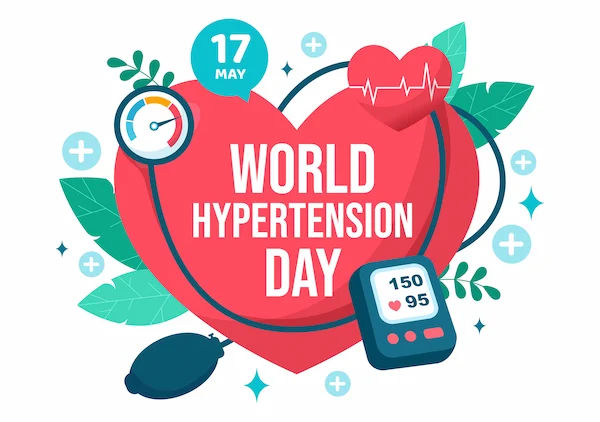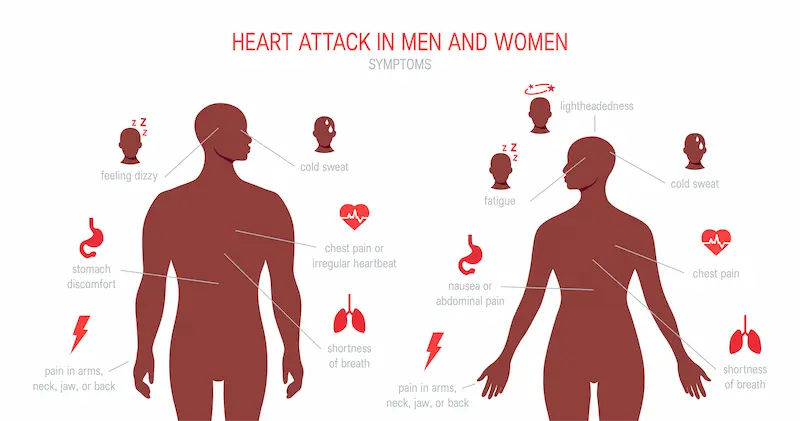- male
- 45 Years
- 29/01/2025
I'm experiencing some discomfort after meals. Whenever I eat a heavy meal, I get this left-sided chest pain, and I notice my resting heart rate shoots up to around 100, even though it's usually about 70. It gets worse with any kind of light activity like walking or climbing stairs but seems to settle down after a few hours. I did have some heart tests, like an ECG, echo, and TMT about six months ago, and they all came back normal. My blood tests are fine toono anemia, high blood pressure, or sugar issues. Should I be considering any other tests or looking into something else? Its starting to worry me.
Answered by 1 Apollo Doctors
It sounds like you may be experiencing symptoms of gastroesophageal reflux disease (GERD) or acid reflux. The chest pain after eating heavy meals, along with the increased heart rate and chest discomfort with light activity, are common symptoms of GERD. Since your heart tests were normal, it is less likely to be related to a cardiac issue. I recommend trying over-the-counter antacids like Tums or Rolaids to see if they help alleviate your symptoms. You can also try avoiding heavy meals, eating smaller meals more frequently, and avoiding lying down immediately after eating. Additionally, you may benefit from medications like omeprazole (Prilosec) or ranitidine (Zantac) to reduce stomach acid production. If your symptoms persist despite these measures, you may consider undergoing an upper endoscopy to further evaluate the cause of your symptoms. This procedure can help identify any inflammation or damage in the esophagus or stomach. Overall, it is important to follow up with your healthcare provider for further evaluation and management of your symptoms.
Dr. Mubarak Suggests...
Consult a Cardiologist
Answered 04/07/2025
0
0

More Cardiology Health Queries
View allI'm experiencing this strange pressure on my chest every time I yawn, and it's making me feel like I need to vomit. There's also some pressure on my neck. Can you give me some insight into what might be going on?
It sounds like you may be experiencing symptoms of acid reflux or gastroesophageal reflux disease (GERD). I recommend taking an over-the-counter antacid like Tums or Rolaids to help with the chest pressure and vomiting sensation. You can also try taking an H2 blocker like Zantac or Pepcid to reduce stomach acid production. Make sure to follow the recommended dosage instructions on the packaging. If your symptoms persist or worsen, please seek medical attention.
Answered by 1 Apollo Doctors
I've been dealing with constant pain on the left side of my chest for about 8 months now. My ECG came back normal, so I'm pretty confused about what's going on. Sometimes taking something for acidity helps a bit, but other times it doesn't do much. Along with that, I've been feeling pretty nauseous and have had some trouble breathing. Does this sound like something serious, or should I keep trying different medications?
ecg and cardiac markers are advised to the pt.
Answered by 1 Apollo Doctors
I've been taking TELMA H for the past two years for my high blood pressure. I'm a bit concerned and was wondering if there are any drawbacks or side effects of staying on this medication for so long.
Continue same treatment .Salt restricted diet and diet changes ,regular aerobic exercises is recommended..
Answered by 1 Apollo Doctors
Disclaimer: Answers on Apollo 247 are not intended to replace your doctor advice. Always seek help of a professional doctor in case of an medical emergency or ailment.




